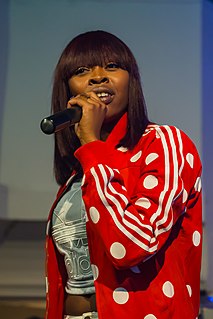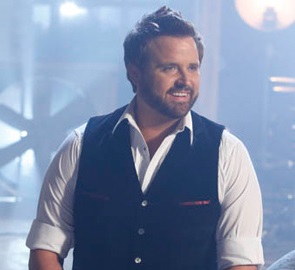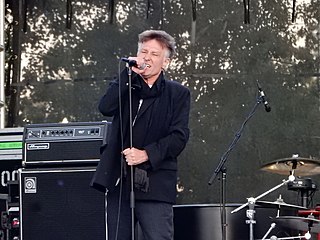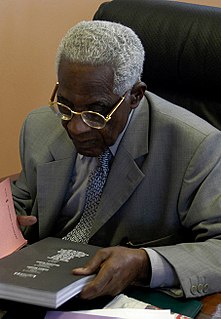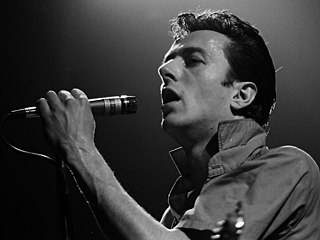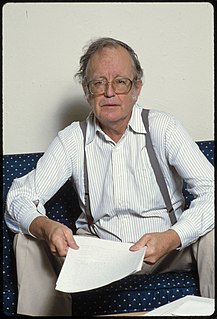A Quote by Maren Morris
There are so many times I turn on the radio, and I hear a guy, and I have no idea who it is because it sounds like four other people.
Related Quotes
When you're listening to radio and hear the same 20 songs over and over and over, you want a break from it. Sometimes you don't want to hear something that sounds just like everything else on the radio. Eventually, if you hear the same sounds and the same musicians and the same mixes and all of that, it will start to sound like elevator music.
I don't physically put Appetite For Destruction in and listen to it, but I hear it on the radio or at sporting events or wherever else it pops up, and it's great. I dig everything about it. When I hear Appetite, it sounds like exactly what it was. It sounds like a record made by an angry bunch of kids.
When I turn on my radio, when I hear that Negroes have been lynched in America, I say that we have been lied to: Hitler is not dead; when I turn on my radio, when I hear that Jews have been insulted, mistreated, persecuted, I say that we have been lied to: Hitler is not dead; when, finally, I turn on my radio and hear that in Africa forced labor has been inaugurated and legalized, I say that we have certainly been lied to: Hitler is not dead.
A lot of people ask me where music is going today. I think it's going in short phrases. If you listen, anybody with an ear can hear that. Music is always changing. It changes because of the times and the technology that's available, the material that things are made of, like plastic cars instead of steel. So when you hear an accident today it sounds different, not all the metal colliding like it was in the forties and fifties. Musicians pick up sounds and incorporate that into their playing, so the music that they make will be different.
I wrote 'Turn Your Radio On' in 1937, and it was published in 1938. At this time radio was relatively new to the rural people, especially gospel music programs. I had become alert to the necessity of creating song titles, themes, and plots, and frequently people would call me and say, 'Turn your radio on, Albert, they're singing one of your songs on such-and-such a station.' It finally dawned on me to use their quote, 'Turn your radio on,' as a theme for a religious originated song, and this was the beginning of 'Turn Your Radio On' as we know it.
I feel my job as an artist is to drive people to country radio. That's my job as a country artist. So these streaming places, especially these on-demand streaming places, where you can just push a button and hear it as many times as you want, like YouTube, any of that stuff, that's taking all the ears away from country radio.
I'll never have a best friend who is a man. It just doesn't work that way. So many times young girls will be like, 'I'm a guy's girl.' And I'm like, 'No, you're not. There's no way a man can understand you like a woman, and you're a guy's girl because you're threatened by other women.' I was like that.

